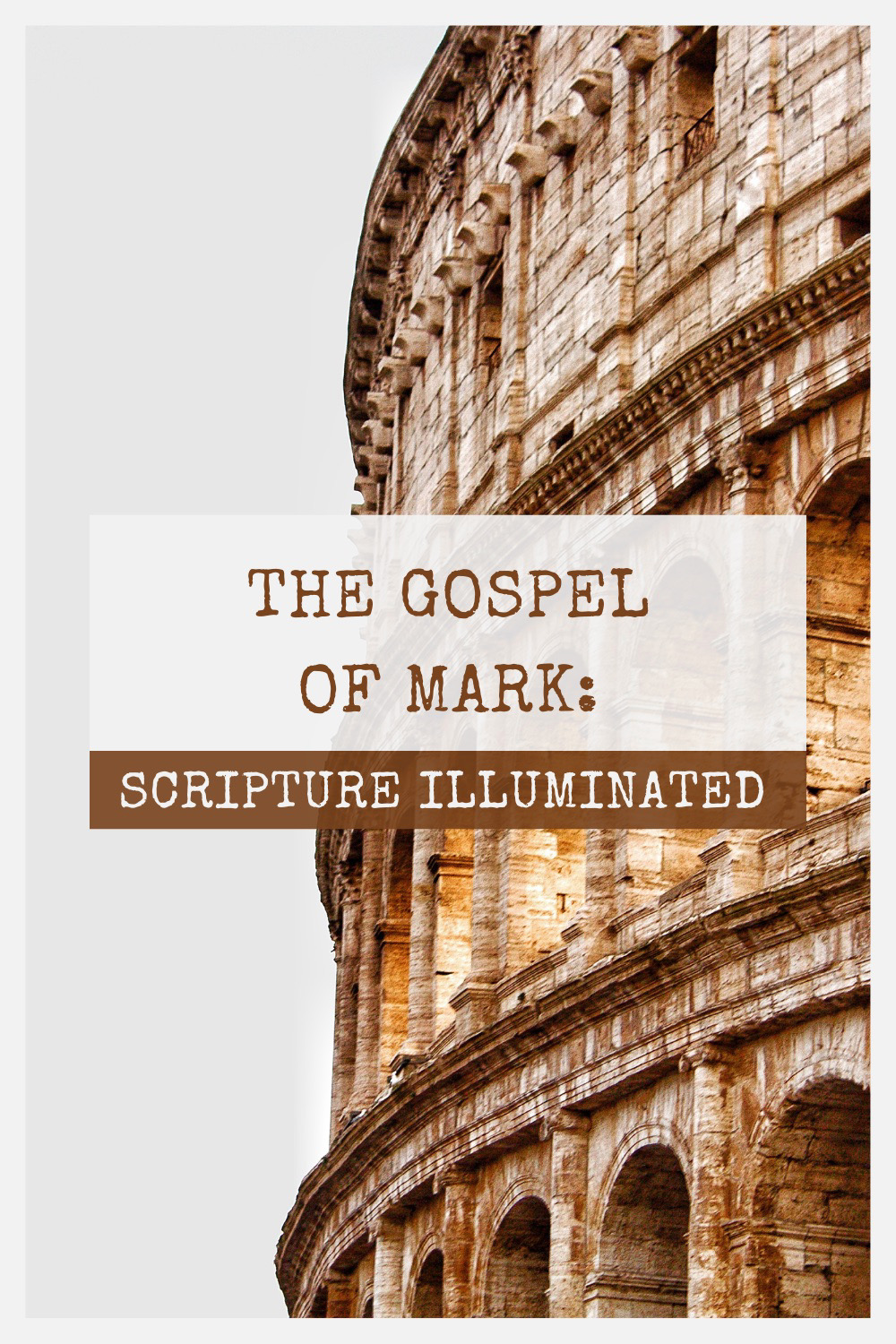TRUSTING GOD THROUGH THE STORM, PART 1
3 ASPECTS OF GOD’S CHARACTER WE MUST REMEMBER

Life grows dark in a storm. Our vision floods with doubt and the forces of darkness try to drown us in unbelief. Satan whispers, “If God is good, why did He allow this to happen?” We know God said we’d have trouble in this life (John 16:33), but we can’t see any meaningful purpose. We have no answers for the onslaught of questions that attack our minds. Waves of anger and despair wash over us, threatening to destroy our hope and faith. If we listen to the lies, the storm will overcome us. But if we trust God in the middle of the turmoil, He will see us through.
Someone recently asked me how I trust God amid all the trials and uncertainty in life. It’s never a smooth process. Over time, however, I’ve gleaned some helpful insights and practices worth sharing. The conversation sparked the idea for this two-part series. It came at a time when I was reading a book called Trusting God – the inspiration behind part one.1 As if on cue, the book landed like a lifeline sent in response to my struggle, and now I want to throw it out to you.
However, we falter when we think our security lies in rescue and answers rather than in His ability to sustain us. Sometimes, He intervenes. He may silence the storm or prevent it altogether. Yet more often, I’ve witnessed His tendency to remind us of the truth we’ve forgotten.
Real security resides in a choice to trust God. We think an answer to the question “Why?” will relieve our angst, but it’s often the question least answered. It is also the biggest stumbling block. Sometimes, it’s just the wrong question. No explanation will lessen our pain or grief. For this reason, my purpose here is not to speculate why the storm was allowed but to show you how to trust God through it. And you won’t understand how until you recognize Who is with you in it.
No matter the size or intensity of the storm, peace is possible when faith is present. I do not suggest that faith makes things easy. Instead, faith empowers us to endure. So, whether you’re in the thick of the struggle or want to be prepared in advance, remembering these three aspects of God’s character will help you trust Him through any storm.
1. REMEMBER GOD’S SOVEREIGNTY
“Aren’t two sparrows sold for a penny? Yet not one of them falls to the ground without your Father’s consent. But even the hairs of your head have all been counted. So don’t be afraid; you are worth more than many sparrows.”
Matthew 10:29-31, CSB
Nothing happens that hasn’t first been filtered through God’s ultimate plan and purpose. He retains complete control and authority over every circumstance. On one hand, this truth lifts the anxious burden of trying to control things outside of our jurisdiction. On the other, it’s a hard truth to swallow when wrestling with tragedy. It doesn’t feel like help at all. But if it were not true, we could not trust Him —no matter how loving or powerful He is. Author Jerry Bridges illustrates this point well:
If there is a single event in all of the universe that can occur outside of God’s sovereign control, then we cannot trust Him. His love may be infinite, but if His power is limited and His purpose can be thwarted, we cannot trust Him. You may entrust to me your most valuable possessions. I may love you and my aim to honor your trust may be sincere, but if I do not have the power or ability to guard your valuables, you cannot truly entrust them to me.2
Because God loves us and holds complete authority, we can entrust all things to Him. His complete wisdom and goodness assure us, even when we don’t understand. Resting in this knowledge allows us to trust, even when it hurts.
God’s sovereignty does not mean our choices don’t matter. The tension between free will and God’s sovereignty is a divine mystery. We are responsible for our actions but cannot control the outcomes. Instead, we can pray in confident trust, knowing that He works – not despite our circumstances – but through them.3
2. REMEMBER GOD’S VAST WISDOM
“My thoughts are nothing like your thoughts,” says the LORD. And my ways are far beyond anything you could imagine. For just as the heavens are higher than the earth, so my ways are higher than your ways and my thoughts higher than your thoughts.”
Isaiah 55:8-9, NLT
God may have the power to “guard our valuables,” but what if He doesn’t? At least not in the way we think He should. If we can trust the reality of God’s sovereignty, we must also trust His wisdom. Our ability to comprehend the ways of God is infinitely less than a child’s ability to grasp a parent’s decisions. His knowledge and understanding are boundless. If our finite minds could measure it, He would not be God. So even when we don’t have answers, we can seek and trust the One who does.
Our loving Heavenly Father often works behind the scenes toward a purpose we cannot fathom. I once heard Joni Erickson Tada say, “Sometimes God will allow what He hates to accomplish what He loves.” We only need to look to the cross for proof. For believers, our good and His glory are always intertwined. But it’s not always for us to understand why the storm has come. Instead, our focus should be on Who will guide us through it.
Take the Book of Job, for example. Grouped among the Bible’s wisdom literature, we find a man who grappled with God amid unanswered questions. Job was a righteous man, yet horrible tragedies befell him. He sometimes wavered between faith and doubt but did not turn away from God. As a result, toward the end of his story, Job confesses, “I had only heard about you before, but now I have seen you with my own eyes” (Job 42:5, NLT). Through the storm, Job learned to trust God’s wisdom and gained a greater intimacy with his Creator than ever before.
If God’s wisdom is unsearchable, can He not have a good purpose beyond our understanding? Can we humble ourselves before Him, trusting He finds no pleasure in our distress? (Lamentations 3:33). When we cling to Him through adversity –through all the pain, grief, and affliction – we cultivate a deeper perception of His nature and a character that looks more like Him. Our knowledge of God shifts from theory about Him to experience of Him. Friend, we do not have to understand, but we can still choose to trust in his wisdom and love.
3. REMEMBER GOD’S PERFECT LOVE
Lamentations 3:22-24, NIVBecause of the Lord’s great love, we are not consumed,
for his compassions never fail.
They are new every morning;
great is your faithfulness.
I say to myself, “The Lord is my portion;
therefore I will wait for him.”
The author of the verse above was no stranger to suffering. Jeremiah, the weeping prophet, composed the poetic book of Lamentations out of deep anguish. Jerusalem had just been sacked, God’s temple destroyed, and His people taken captive by a foreign enemy. The city that had once been their hope now lay disgraced and humiliated. Despite Jeremiah’s proclamation, they appeared to have been “consumed” after all. Yet, his sights were set on a different hope —one that does not rest on outcomes but on God’s love.
The Hebrew word for “wait” in this verse is often translated as “hope.” They are intimately related. It suggests remaining with patient expectancy and trust. Jeremiah did not lose faith; he stayed with God, trusting the Lord’s character despite his circumstances. He found hope in God’s compassion and mercy, drawing comfort from His sustaining love.
When God describes Himself in Scripture, He lists the abundance of His unfailing love and goodness among His attributes (Exodus 34:6). He vows never to leave us or forsake us (Deuteronomy 31:6). He promises that the waters will not drown us (Isaiah 43:2). And He assures us that nothing will ever separate us from His love (Romans 8:35-39). But sometimes, it feels easier to believe in God’s sovereignty and wisdom during hardship than in His love for us. Yet, all three are simultaneously true. When we nurse doubts about God’s love in our hearts, we deprive ourselves of the comfort His love gives.4 But if we can view our storms through the lens of His love rather than His love through the clouds of our storms, we will make it through.5
CONCLUSION
God is greater than our trials. If we allow the truth of His character to sink deeply within our hearts, our trust will grow. When the storms come, these truths will anchor our faith. So, let these three attributes of God’s nature become a safe harbor for your soul. Fix your eyes on Jesus, and He will carry you through every storm.






One Comment